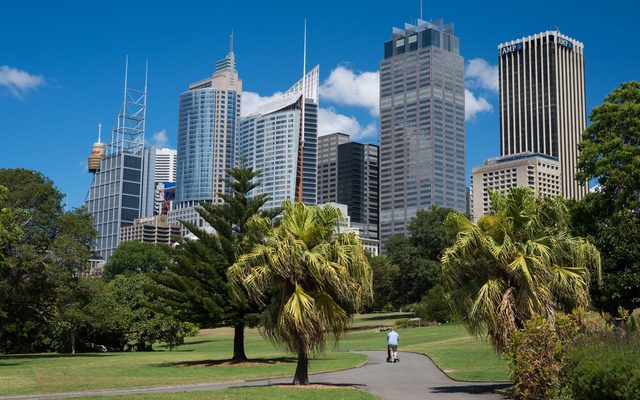This article is from the Australian Property Journal archive
THE federal government will limit deductions for property investors, but there are extra sweeteners if they invest in social and affordable housing.
Treasurer Scott Morrison unveiled a number of property investment related measures in the Budget 2017-18 papers, which would raise $2.1 billion over the forward estimates.
In the first measure, from 1 July 2017, the government will disallow deductions for travel expenses related to inspecting, maintaining or collecting rent for a residential rental property.
This measure is estimated to have a gain to revenue of $540.0 million over the forward estimates period.
Treasurer Morrison said many taxpayers have been claiming travel deductions without correctly apportioning costs, or have claimed travel costs that were for private travel purposes.
“This measure will not prevent investors from engaging third parties such as real estate agents for property management services. These expenses will remain deductible,” he added.
The government will also limit plant and equipment depreciation deductions to outlays for residential property investments, which will raise $260 million.
These changes will apply on a prospective basis, with existing investments grandfathered. Plant and equipment forming part of residential investment properties as of 9 May 2017 will continue to give rise to deductions for depreciation until either the investor no longer owns the asset, or the asset reaches the end of its effective life.
Investors who purchase plant and equipment for their residential investment property after 9 May will be able to claim a deduction over the effective life of the asset. However, subsequent owners of a property will be unable to claim deductions for plant and equipment purchased by a previous owner of that property.
The Treasurer said this is an integrity measure to address concerns that some plant and equipment items are being depreciated by successive investors in excess of their actual value.
At the same time, the government will offer incentives for investors who invest in affordable housing.
From 1 January 2018, the government will provide an additional 10% capital gains tax discount, increasing the discount from 50% to 60%, to investors who elect to invest in qualifying affordable housing.
The affordable housing must be managed through a registered community housing provider and the investment held for a minimum period of three years.
The government will also encourage investment into affordable housing by enabling Managed Investment Trusts (MITs) to invest in affordable housing. In order for investors to receive concessional taxation treatment through a MIT, the affordable housing must be available for rent for at least 10 years.
MITs allow investors to pool their funds to invest in primarily passive investments and have them managed by a professional manager. The MIT will be able to acquire, construct or redevelop the property but must derive at least 80% of its assessable income from affordable housing.
Under the MIT withholding tax regime, non-resident investors are generally subject to a reduced rate of tax if they are a resident of a country with which Australia has an effective exchange of information treaty. Non-resident investors are generally subject to a 15% final withholding tax rate on fund payments from the MIT. Resident investors are taxed at their marginal tax rates, with capital gains remaining eligible for the capital gains tax discount.
Up to 20% of the income of the MIT may be derived from other eligible investment activities permitted under the existing MIT rules in the income tax law. If this is breached, or less than 80% of the MIT’s income is from affordable housing in an income year, the non-resident investor will be liable to pay withholding tax at 30% on investment returns for that income year.
Properties held for rent as affordable housing for less than 10 years will be subject to a 30% withholding tax rate on the net capital gains arising from the disposal of those assets.
Treasurer Morrison said the measure is estimated to have an unquantifiable cost to revenue over the forward estimates period.
Australian Property Journal




